Maximum power: 440W--450W
Module conversion efficiency can reach 19.98%
Number of cells: 72cells
A solar module, also known as a solar panel, is a device that converts sunlight into electricity. It is made up of a series of photovoltaic cells that are wired together and mounted in a frame.
Solar modules come in a variety of sizes and shapes and can be used to power anything from small electronics to entire buildings. They are a key component in solar energy systems, which are increasingly being used as a source of renewable energy to power homes, businesses, and communities around the world.
The rated power of a solar module refers to the amount of electricity that the module can generate under standard test conditions. Solar modules are most commonly rated between 100 and 400 watts.
The power output of a solar module depends on several factors, including the size and number of photovoltaic cells in the module, the efficiency of those cells, and the amount of sunlight the module receives. In general, larger modules with more cells are able to generate more power than smaller modules.
Another factor that affects the power output of a solar module is its orientation and angle relative to the sun. Modules installed at optimal angles and orientations can produce more power than unmounted modules.
It is important to note that the power rating of a solar module is not the only factor to consider when selecting modules for a solar system. Other important factors to consider include the efficiency of the module, the durability and reliability of the manufacturer, and the cost and availability of the module.
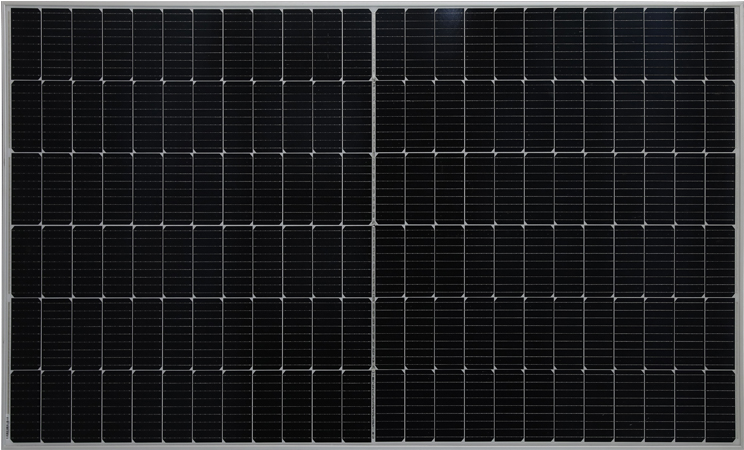
Maximum power: 440W--450W
Module conversion efficiency can reach 19.98%
Number of cells: 72cells
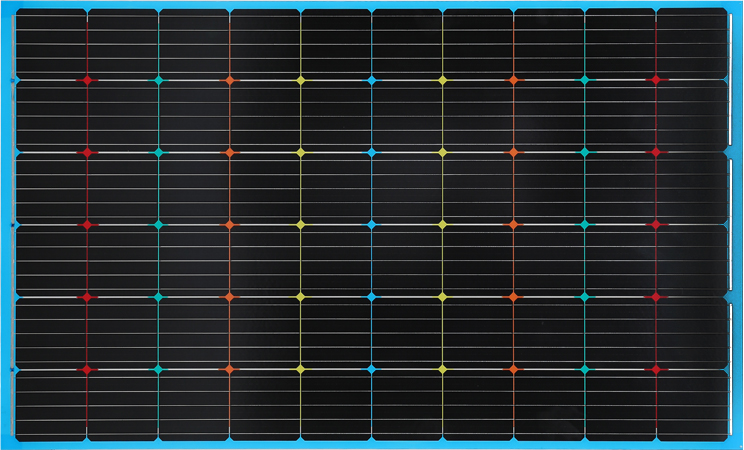
Maximum system voltage: 1500V
Maximum system current: 15-16A
Tolerance range: 0~5W

Maximum system voltage: 1500V
Maximum system current: 15-16A
Tolerance range: 0~5W

Maximum system voltage: 1500V
Maximum system current: 15-16A
Tolerance range: 0~5W
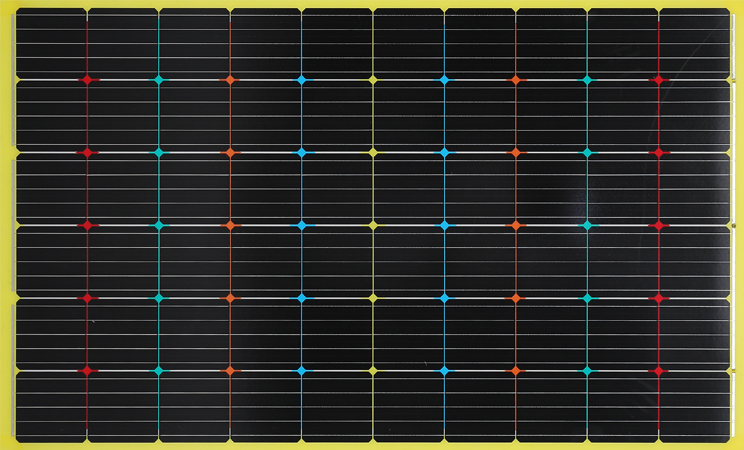
Maximum system voltage: 1500V
Maximum system current: 15-16A
Tolerance range: 0~5W
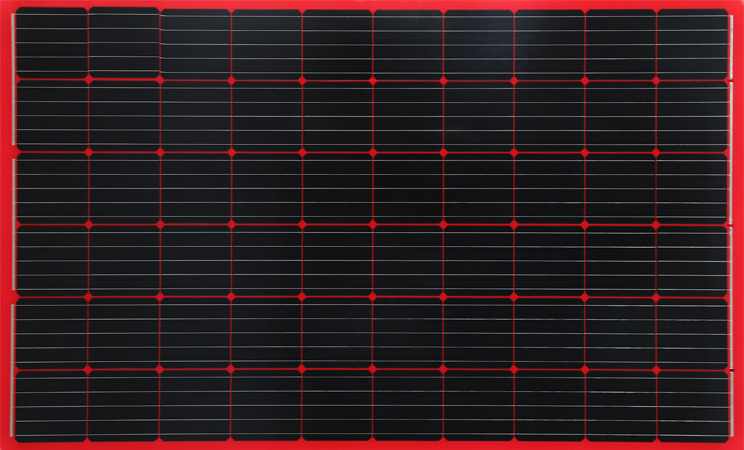
Maximum system voltage: 1500V
Maximum system current: 15-16A
Tolerance range: 0~5W
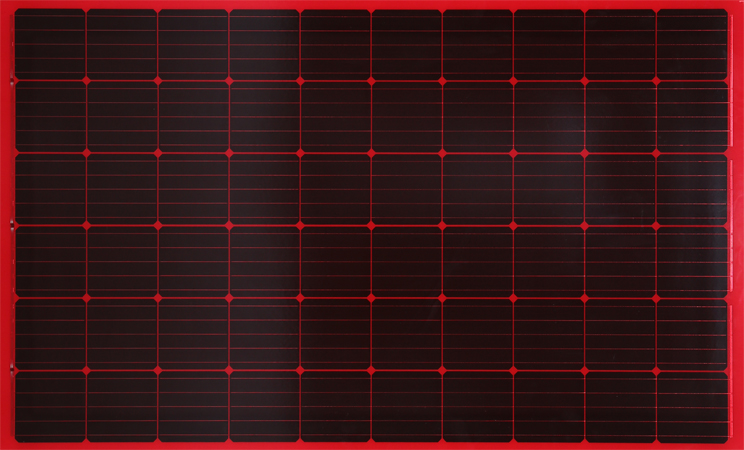
Maximum system voltage: 1500V
Maximum system current: 15-16A
Tolerance range: 0~5W

Maximum system voltage: 1500V
Maximum system current: 15-16A
Tolerance range: 0~5W